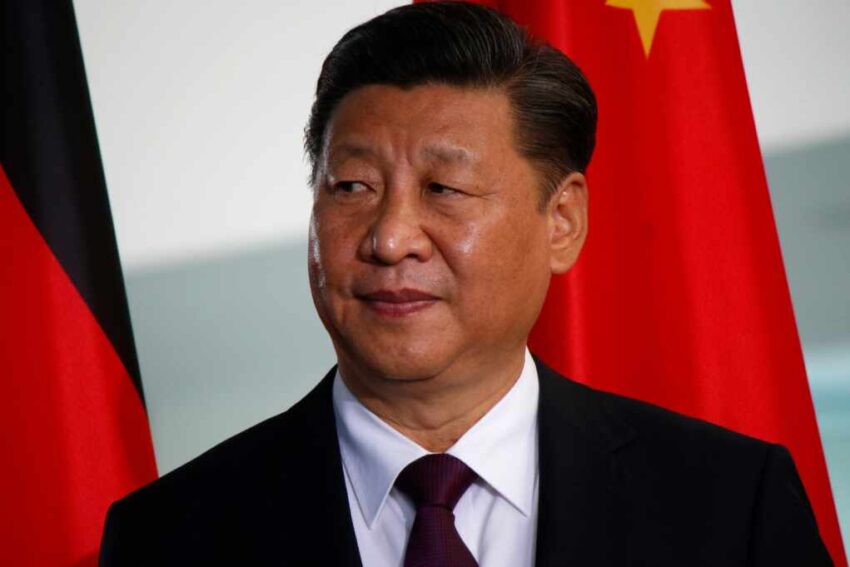China’s pledge to defend Brazil’s sovereignty signals deepening Global South cooperation as President Donald Trump’s new tariffs strain U.S.-Brazil ties.
At a Glance
- China vows to support Brazil amid U.S. tariff escalation
- U.S. imposes 50% tariff on Brazilian exports on August 8, 2025
- Xi Jinping and Luiz Inácio Lula da Silva speak by phone on August 11
- China and Brazil coordinate through BRICS and G20 platforms
- Analysts warn of declining U.S. influence in Latin America
China’s Commitment to Brazil
On August 12, 2025, Chinese President Xi Jinping assured Brazilian President Luiz Inácio Lula da Silva of Beijing’s support in defending Brazil’s sovereignty. The pledge followed the announcement of a steep 50% U.S. tariff on Brazilian exports by President Donald Trump just four days earlier. The tariff decision immediately strained diplomatic relations between Washington and Brasília, prompting Brazil to explore alternative economic partnerships.
Watch now: China Pledges Support for Brazil Amid U.S. Tariffs · YouTube
Margaret Myers, director of the Asia & Latin America Program at the Inter-American Dialogue, noted that the emphasis from both leaders on opposing unilateralism and protectionism reflects the strength of the China-Brazil strategic partnership. The call, according to officials, lasted over an hour and covered both trade and broader geopolitical cooperation, signaling a clear intent to present a unified front against U.S. economic measures.
Escalating Tensions with the United States
The August 8 tariff announcement was part of President Trump’s broader trade agenda targeting nations he views as benefiting unfairly from U.S. market access. Brazil’s agricultural and mineral exports, heavily dependent on U.S. buyers, are expected to take a substantial hit. Economists have warned that the measure could result in billions in lost revenue for Brazilian industries.
In response, President Lula reached out to China, holding a bilateral phone call with Xi Jinping on August 11. Oliver Stuenkel, an international relations scholar at Fundação Getulio Vargas, said Lula’s outreach was a calculated step toward diversifying Brazil’s alliances and reducing dependency on the United States. The move marks a notable shift in Brazil’s diplomatic posture, suggesting greater alignment with emerging economies in the Global South.
Strategic Alliances and Multilateral Platforms
China and Brazil’s strengthening relationship is rooted in shared participation in BRICS and the G20, where both countries advocate for multipolarity and collective decision-making in global governance. Pedro da Motta Veiga, a Brazilian trade expert and director of CINDES, observed that the leaders’ recent dialogue reinforced their joint stance against U.S. protectionism within these forums.
Beijing’s outreach to Brazil aligns with China’s broader diplomatic strategy of cultivating partnerships across the developing world, particularly with nations facing Western economic pressure. In recent years, China has increased trade, investment, and political engagement with Latin American countries, often stepping in to fill gaps left by reduced U.S. involvement.
Shannon O’Neil, senior fellow for Latin America studies at the Council on Foreign Relations, cautioned that deepening China-Brazil ties could diminish U.S. influence in the region over time. She noted that such a shift would not happen overnight but could gain momentum if U.S. trade policies continue to alienate key regional players.
The latest developments underscore the changing dynamics of global trade alliances, with the Global South increasingly asserting its autonomy and seeking alternative economic partners outside traditional Western structures.
Sources
Click this link for the original source of this article.
Author: Editor
This content is courtesy of, and owned and copyrighted by, https://thecongressionalinsider.com and its author. This content is made available by use of the public RSS feed offered by the host site and is used for educational purposes only. If you are the author or represent the host site and would like this content removed now and in the future, please contact USSANews.com using the email address in the Contact page found in the website menu.








